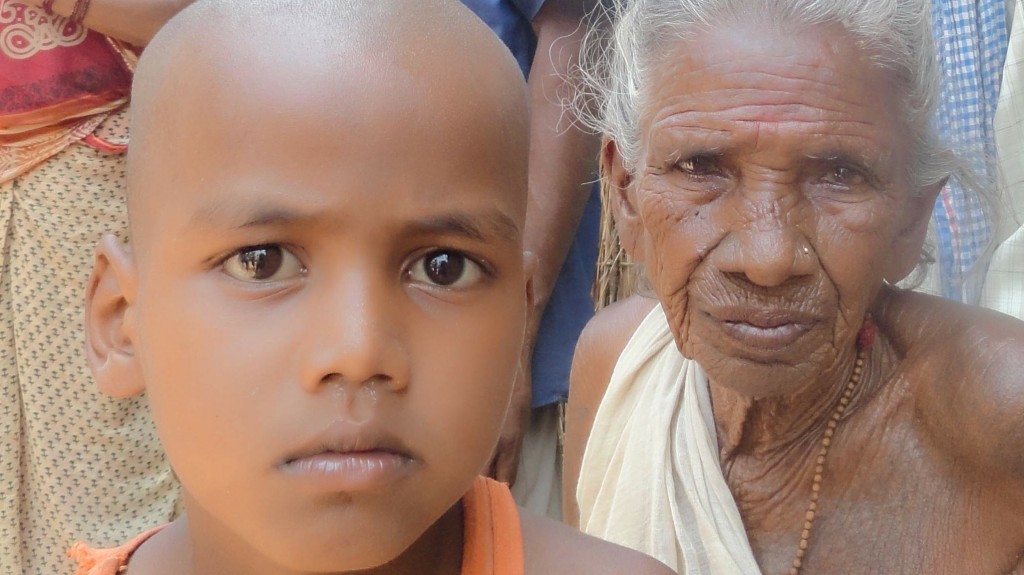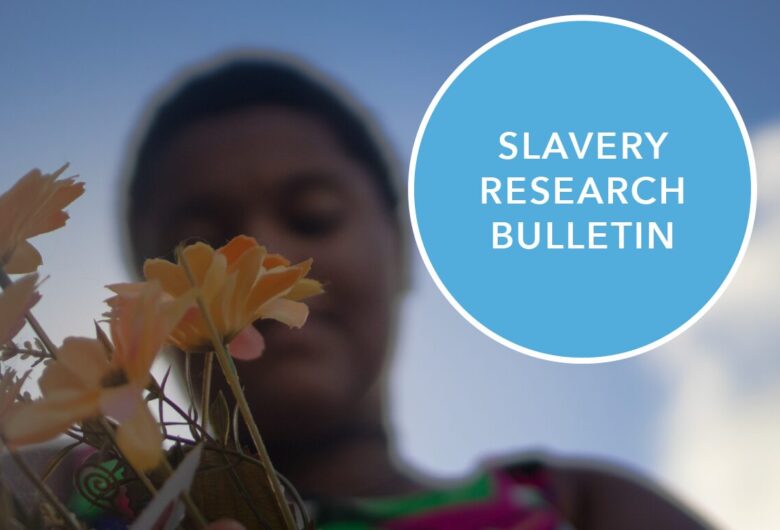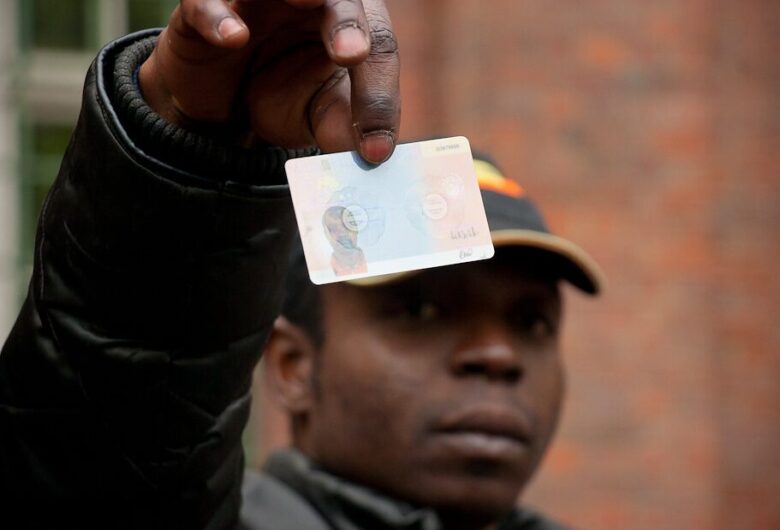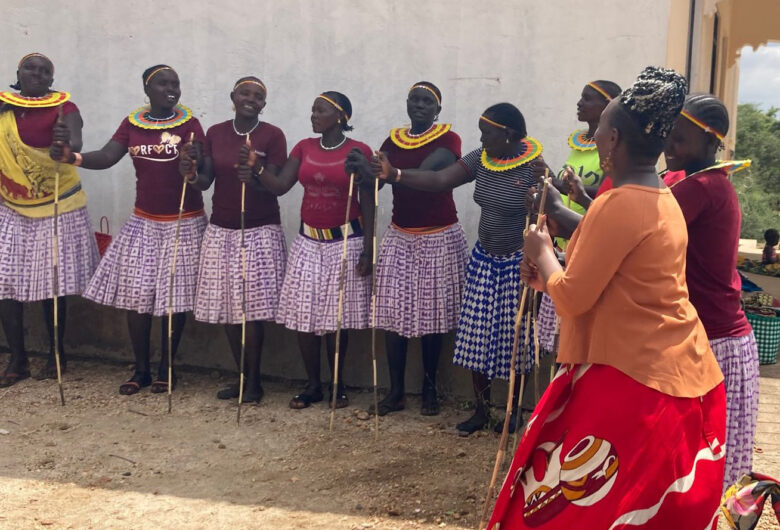I am just back from south-eastern Nepal looking at how the Freedom Fund could help in the fight against bonded labour.
It is a region where whole families can be trapped for generations in slavery. They are forced to work as agricultural labourers for landlords to repay family debts. But as their pay is so low and the interest rates are so high, successive debts keep growing and are passed on, in turn, to their children and then their children.
One of the most striking conversations I had was with the elderly woman pictured below who has spent her whole life in slavery in Nepal. Like most “haruwa-charuwa” as this form of bonded labourer is called in Nepal, she works around the landlord’s house, while her elderly husband works in the fields. At the end of our conversation, she pulled her young grandson between us and, looking directly at me, said he must have better opportunities. It was quite clearly an instruction.
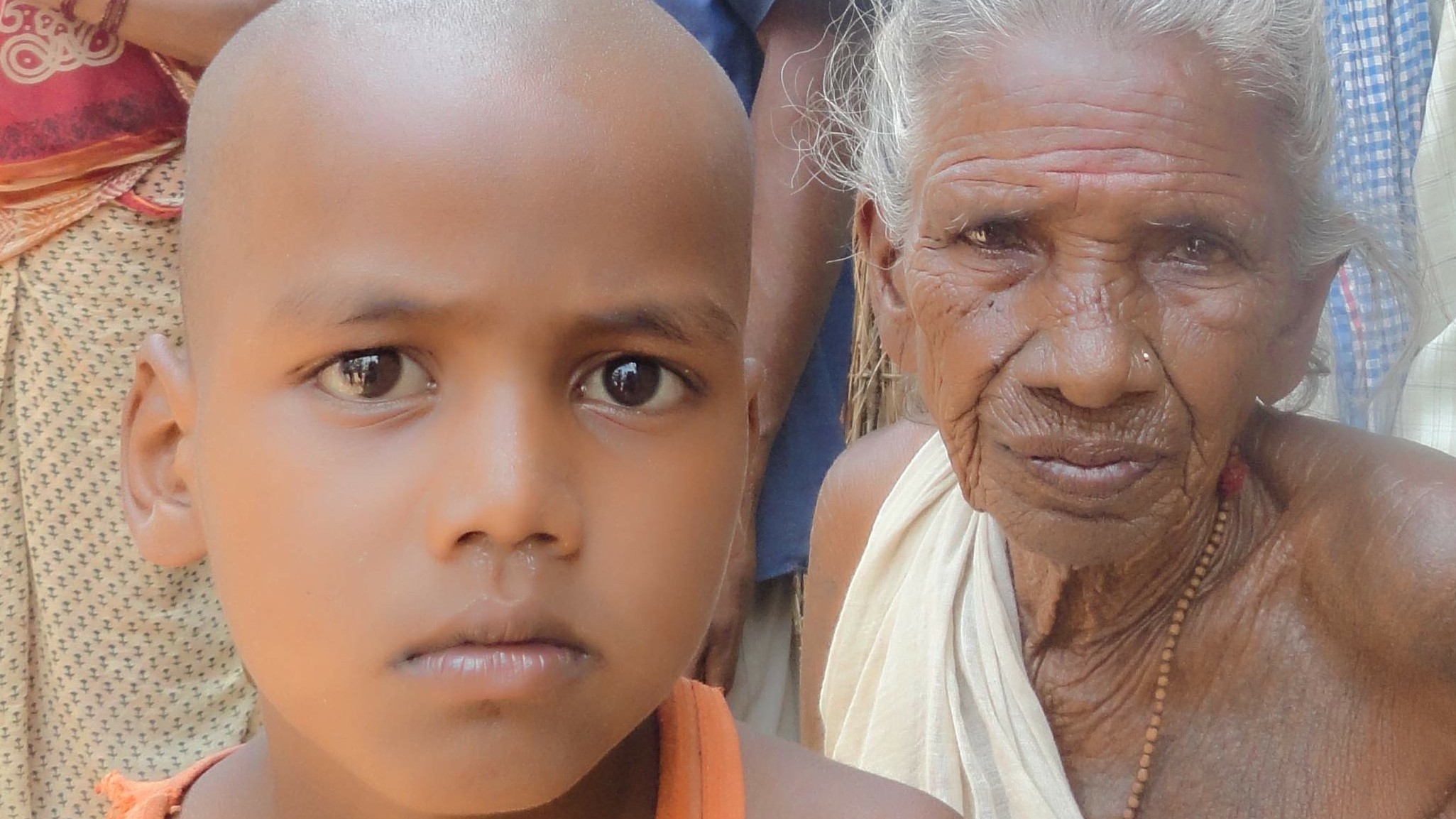
Photo: Sunil Sainju, Geneva Global
In fact, the purpose of our visit was to consult with local groups who are working with bonded labourers to deliver this ambition. We discussed how we can work together to achieve this goal and the barriers that have to be overcome. We talked to bonded labourers themselves to hear from them directly about the changes that would allow them to imagine a different life.
In each gathering we heard how the families were exploited and deliberately stripped of any assets that might help them build toward something better. One woman in the group below, who was desperate to buy a small plot of land that she had been working on for many years, was made to sign a paper for four times the sum of money that she was actually loaned to pay for the land.
Others told us how they had got permission from the landlords to go to work abroad to try to earn enough to buy their freedom. The landlords can’t lose. They either take most of the wages sent back if the foreign employment goes well or the family falls even deeper into debt if it goes badly as it too often does for migrant workers in Qatar, Malaysia or Kuwait.
But profoundly depressing as these stories were, the potential for a Freedom Fund “hotspot” program to improve the prospects of these families in slavery in Nepal was also very clear. The groups on the ground championing the rights of the haruwa-charuwa told us about the practical measures which could help them transform their lives. They include:
- Providing independent sources of income and credit – to help gain access to their own land, or allow them to form groups to save and make income-generating investments with each other.
- Forcing landlords to pay proper wages – by creating pressure on them together.
- Setting up schools to provide access to education – particularly helping children to come up to grade level so they can enter government schools.
- Persuading the Government to act – to confirm the illegality of debt bondage of the haruwa-charuwa and to fund land, housing and school costs.
But the group’s greatest emphasis was on finding ways to break the mental chains – the product of daily humiliations – which tie the labourers to their landlords. As one group leader (right, in the photo below) explained: “A haruwa’s time is not given a value. If it rains, we need to immediately go to the field to plough. The landlord is angry if I don’t go. He scolds us saying “I have given you three kattha (about 1/10 of hectare) of land so you must work”.”
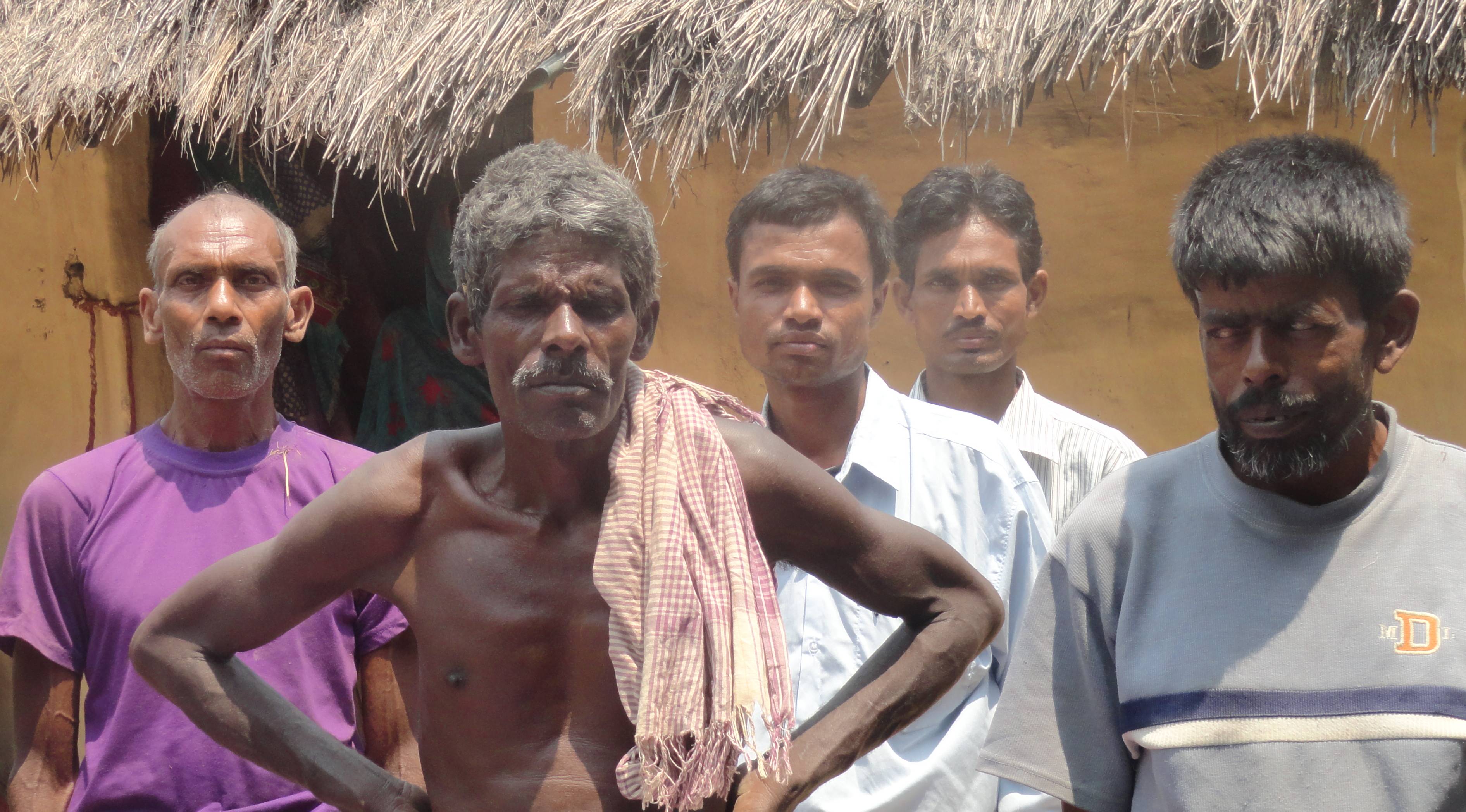
Photo: Sunil Sainju, Geneva Global
This treatment, often reinforced by violence and rape, has been absorbed over generations by the haruwa-charuwa families. Many now believe it is their fate and duty to work whenever needed for a fraction of the wage they should expect.
Freeing people from this mental bondage won’t happen overnight, even alongside the other practical assistance. But by helping them learn about power and rights, combined with greater literacy and support to gain citizenship documents, our support can help them build a stronger foundation for freedom.

